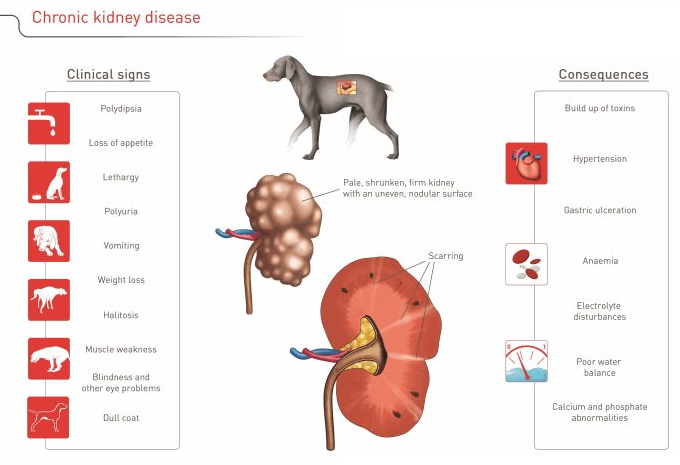Role of Antioxidants in The Management of Chronic Kidney Disease
DOI:
https://doi.org/10.64062/JPGMB.Vol1.Issue5.10Keywords:
Chronic Kidney Disease, Oxidative Stress, Antioxidants, Nrf2 Activators, Curcumin, Resveratrol, Renal Fibrosis, Bardoxolone MethylAbstract
Chronic kidney disease (CKD) is a chronic disease that is characterized by the gradual impairment of renal activity, which is mostly caused by oxidative stress, inflammation, and fibrosis. The accumulation of reactive oxygen species (ROS) adds to the endothelial dysfunction, tubular damage, and extracellular deposition, and enhances the development of the disease. Nrf2 activators, natural (curcumin and resveratrol) and synthetic (bardoxol methyl) are all antioxidant therapies that have demonstrated the potential to reduce oxidative damage, regulate inflammatory and fibrotic responses, and conserve renal function in preclinical models. The natural antioxidants have anti-inflammatory and antifibrotic effects, whereas synthetic antioxidants have multidirector effects of high activity. Although mechanistic understanding is being encouraged, bioavailability, variation in dosing, and species-specific differences are some of the challenges, which limit clinical translation. To prove the effectiveness of antioxidant-based interventions, future studies need to concentrate on rigorous clinical studies, optimal delivery methods, and patient stratification. Altogether, antioxidants are an attractive adjunctive management option to enhance the traditional CKD treatment and reduce the rate of the disease.




